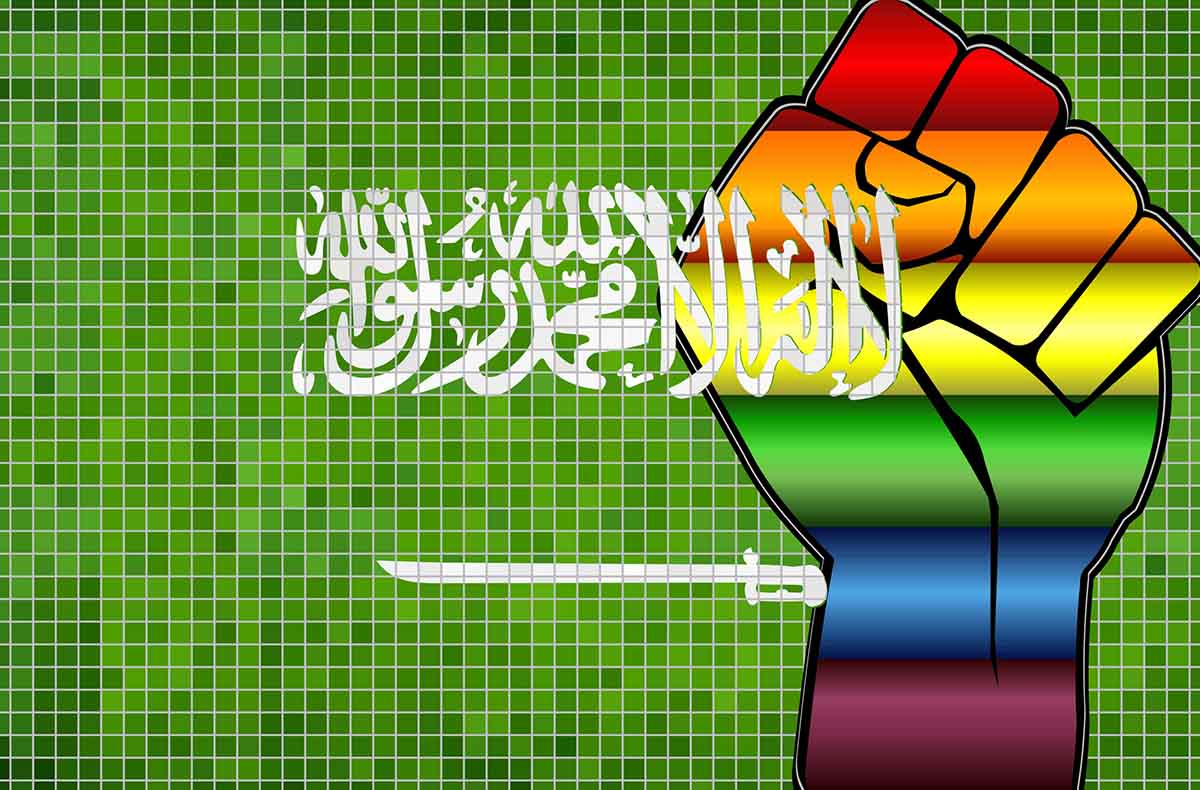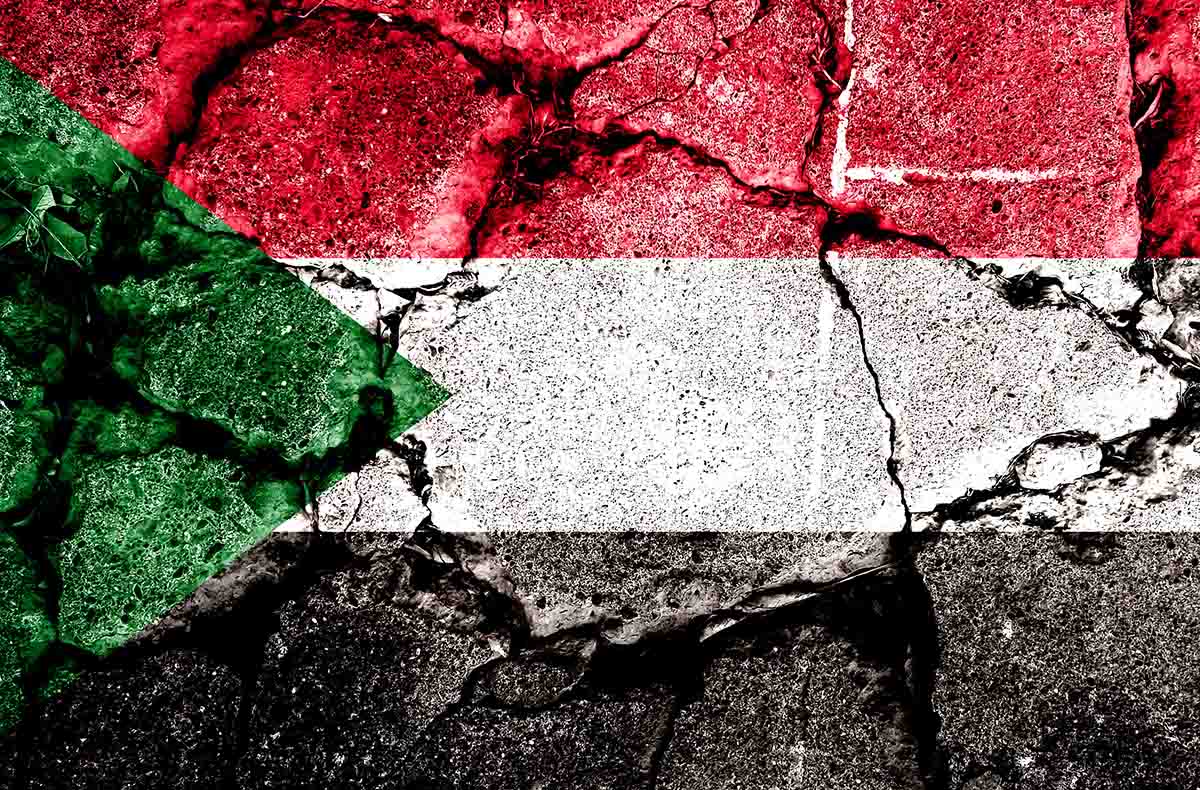
Iranian Attorney General Mohammad Jafar Montazeri’s response to a question in a press conference in early December sparked global headlines on the “abolishment” of the Gasht-e Ershad or the morality police. Responding to a question over the inactivity of the morality police amidst continued nationwide protests in the wake of Iranian Kurdish woman Mahsa Amini’s death in September, Montazeri had said, “the same source that created [the morality police] in the past, from the same place it has shut down.”
Notwithstanding the obvious reference to a higher authority in this sentence alone, Montazeri’s comments came with the clarification that the morality police has “nothing to do with the judiciary system,” which would “continue its surveillance of social behaviors.” In due course, the international media began questioning if the Gasht-e Ershad had, in fact, been abolished.
Ambiguous or not, those affiliated with the Iranian regime often come up with claims of concessions that are duly lapped up around the world, especially amidst protests at home. In 2017, the Iranian police had said that they would no longer arrest women for refusing to don the Islamic headscarf, while relentlessly continuing to do the same, culminating in Mahsa Amini’s death. The ensuing protests have spiraled beyond the grotesque hijab mandates, or the Gasht-e Ershad, and are posing an existential challenge to Islamic theocracy with hundreds killed and thousands arrested at the hands of the Iranian state machinery.
The Iranian morality police, variations of which are present in numerous Muslim states from Saudi Arabia to Nigeria to Malaysia, is founded on the Islamic doctrine of hisbah, which translates into “commanding right and forbidding wrong” urging the enjoining of morality. Numerous Quranic verses ask the believers to ensure that the community functions in accordance with Islamic principles, with a “muhtasib” being appointed as the first form of an accountability officer by Islam’s prophet Muhammad. The second Sunni caliph Umar ibn Al-Khattab institutionalized the hisbah system, while Shia Islam, practiced in Iran, upholds it via the Wilayat-e faqih, or the guardianship of the Islamic jurist, in order to regulate the religious and social matters in an Islamic realm.
The Gasht-e Ershad, therefore, is merely a sub-branch of the executive that carries out the policies emanating from 14 centuries’ worth of Islamic theology, enforced by an Islamic totalitarian regime. Even if the Gasht-e Ershad were to cease to perform those duties, the hisbah enforcement would be carried out by someone else, as also underlined by Attorney General Montazeri.
It is naïve to expect the Islamic moral policing to be abolished by the Iranian state. For it is the Iranian regime itself that is the morality police. Without the doctrine of hisbah, or the upholding of Wilayat-e faqih, there is no clerical rule, and without the clergy at the helm, there is no Islamic Republic. And that’s precisely what hordes of Iranian protesters have been chanting from the onset: “we don’t want an Islamic Republic.”
The Iranian protest isn’t merely against a police wing, or an autocratic regime, but one against the enforcement of Islamic morality. This morality, when codified, takes the shape of gory Islamic sharia, which mandates violent punishments for “crimes” such as vulgarity, extramarital sex, apostasy, blasphemy or homosexuality. Since all these “crimes” are victimless, the hisbah doctrine practically claims damages on behalf of an Islamized social fabric, while in effect safeguarding Islamic theocracy—whether unalloyed as in Iran, or as imposed in the quasi-democracies aiming to blend both the sharia and Western civil codes.
Given that Islamic regimes tend to hold on to absolute power in the garb of safeguarding Islam, they are also bolstered by any form of support for Islamic absolutism anywhere in the world. For instance, while Iran’s repressive hijab laws might receive condemnations from many of those who advocate universal human rights around the globe, this universality appears to be lost on many cultural-relativist liberals in the West who endorse Islamic sexism in the garb of protecting minority rights. The perilous ramifications of a failure to distinguish between the rights of adherents, and the harms of the ideologies that they espouse, also self-manifest in those loudly demonstrating against “Islamophobia” while simultaneously demonstrating homophobia in the West. Indeed, a greater travesty is the lack of Muslim voices willing to criticize Islam and unequivocally condemn the antediluvian ideas therein, subjugating global Muslim populations.
But, of course, demonstrators in Iran have showcased over the past two months that the escalating number of erstwhile silent and anonymous dissenters of Islam are now taking to the streets, risking their lives to challenge the Iranian regime. And instead of paying lip-service to the claims of the Iranian state officials, any well-wishers of Iran, and the Muslim world, should focus their energy on amplifying the unadulterated dissent against the ideological foundations upholding the regime.


